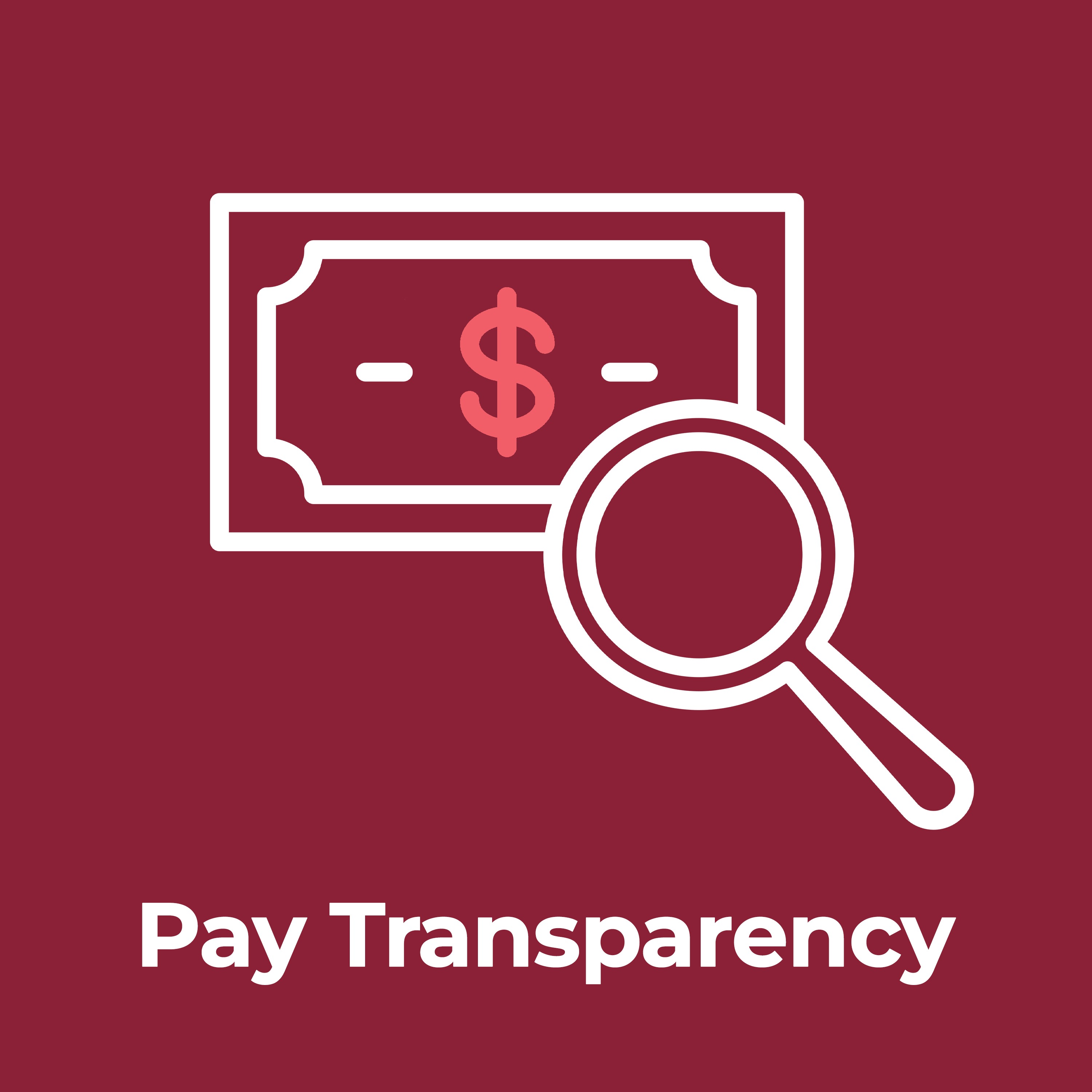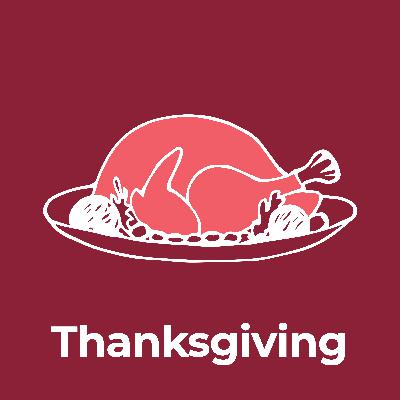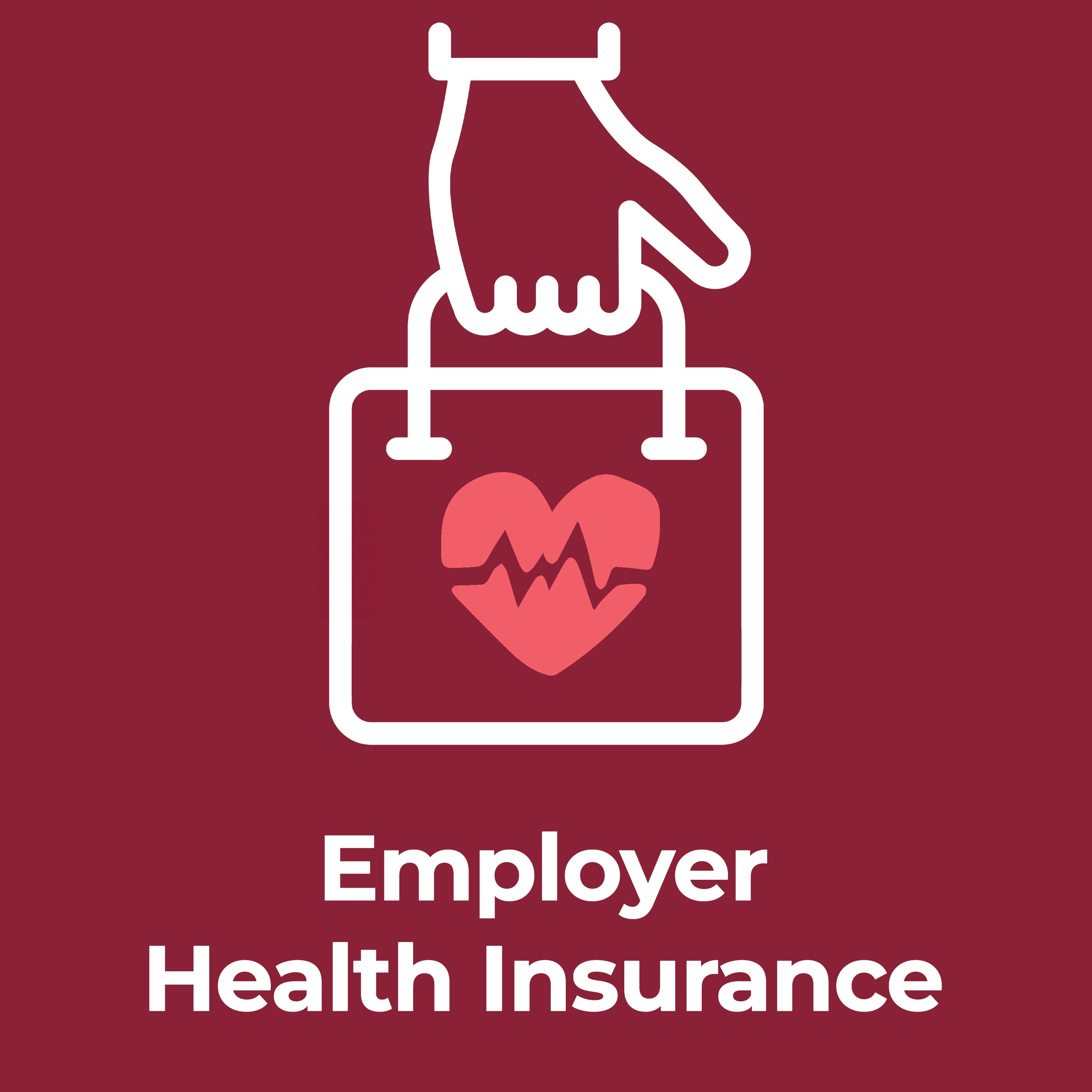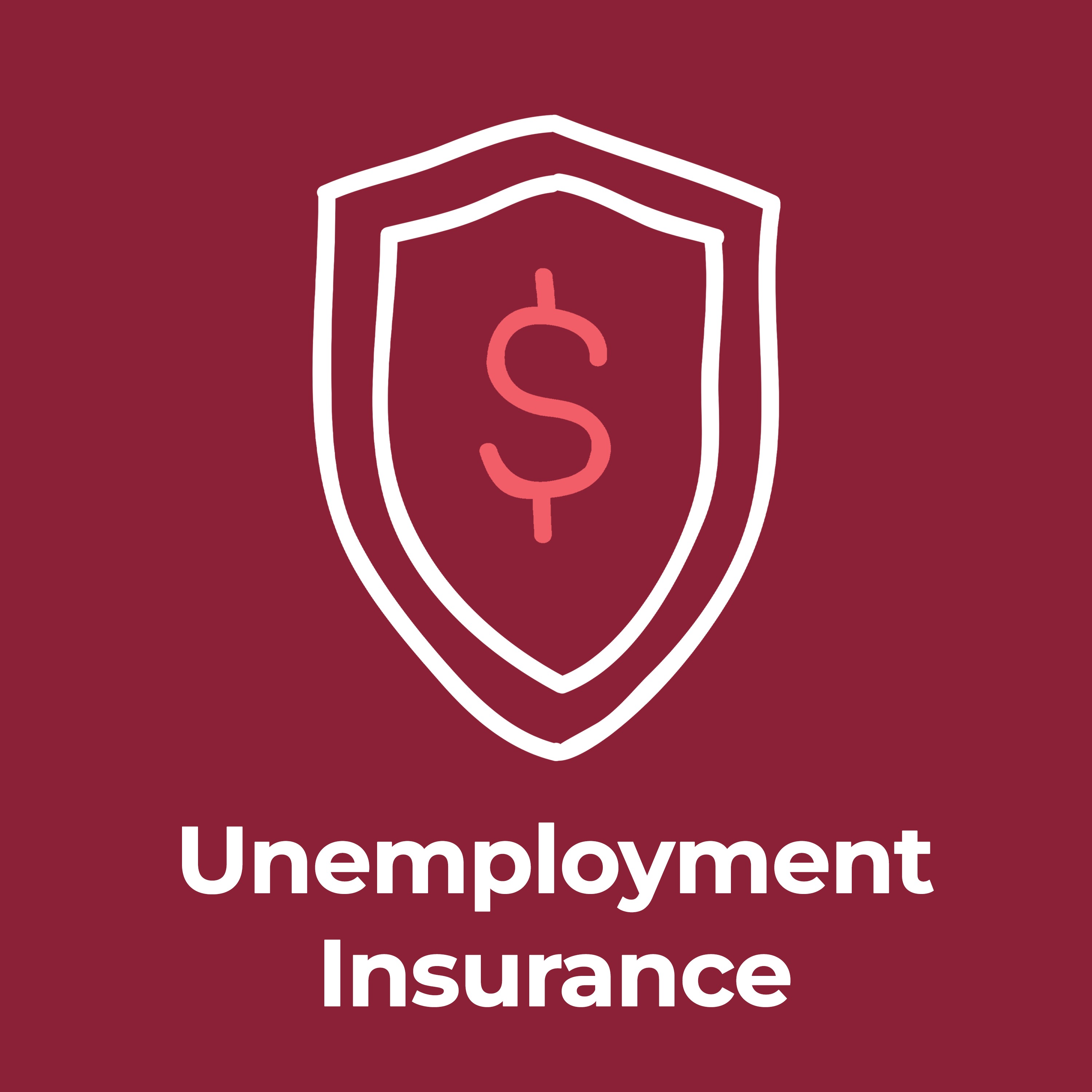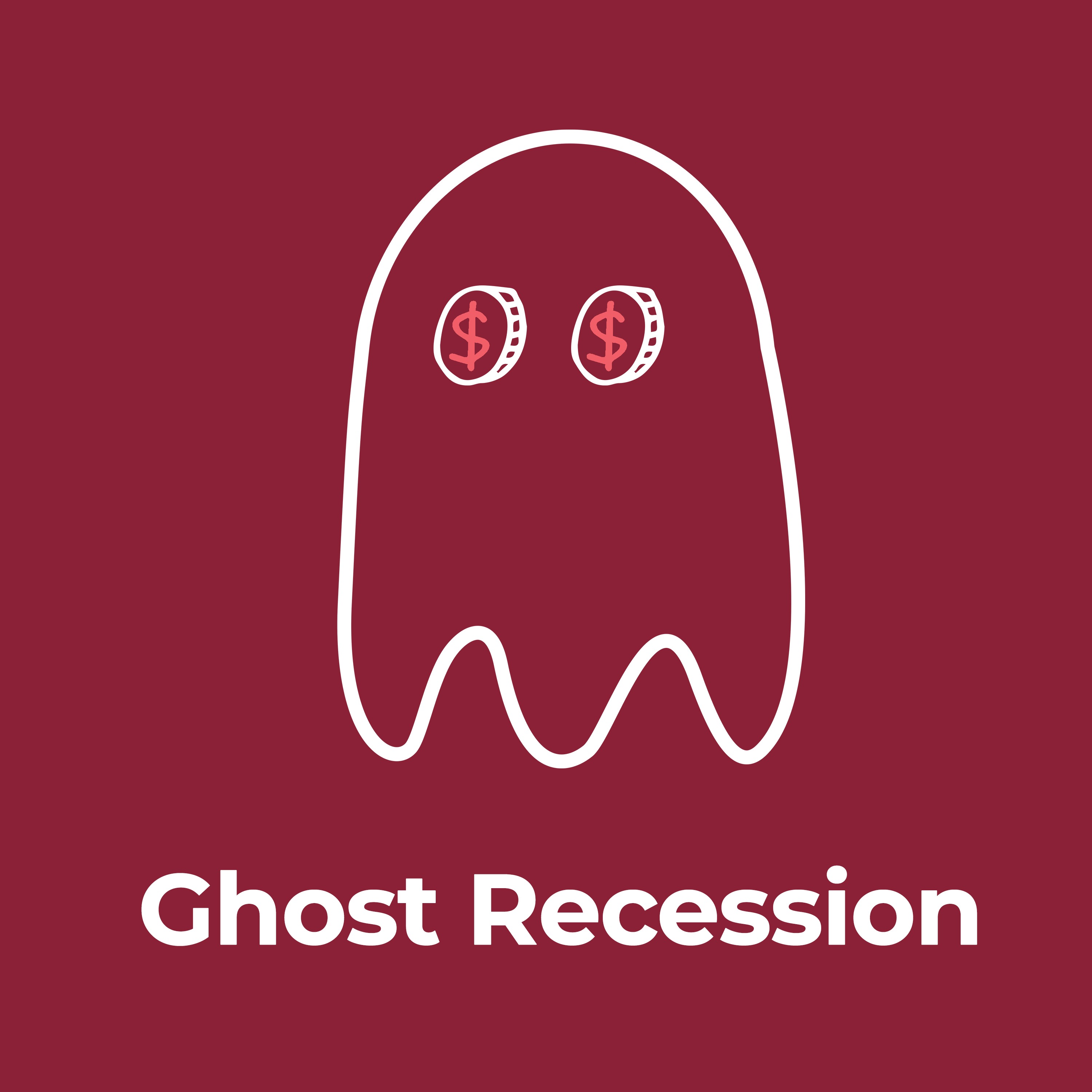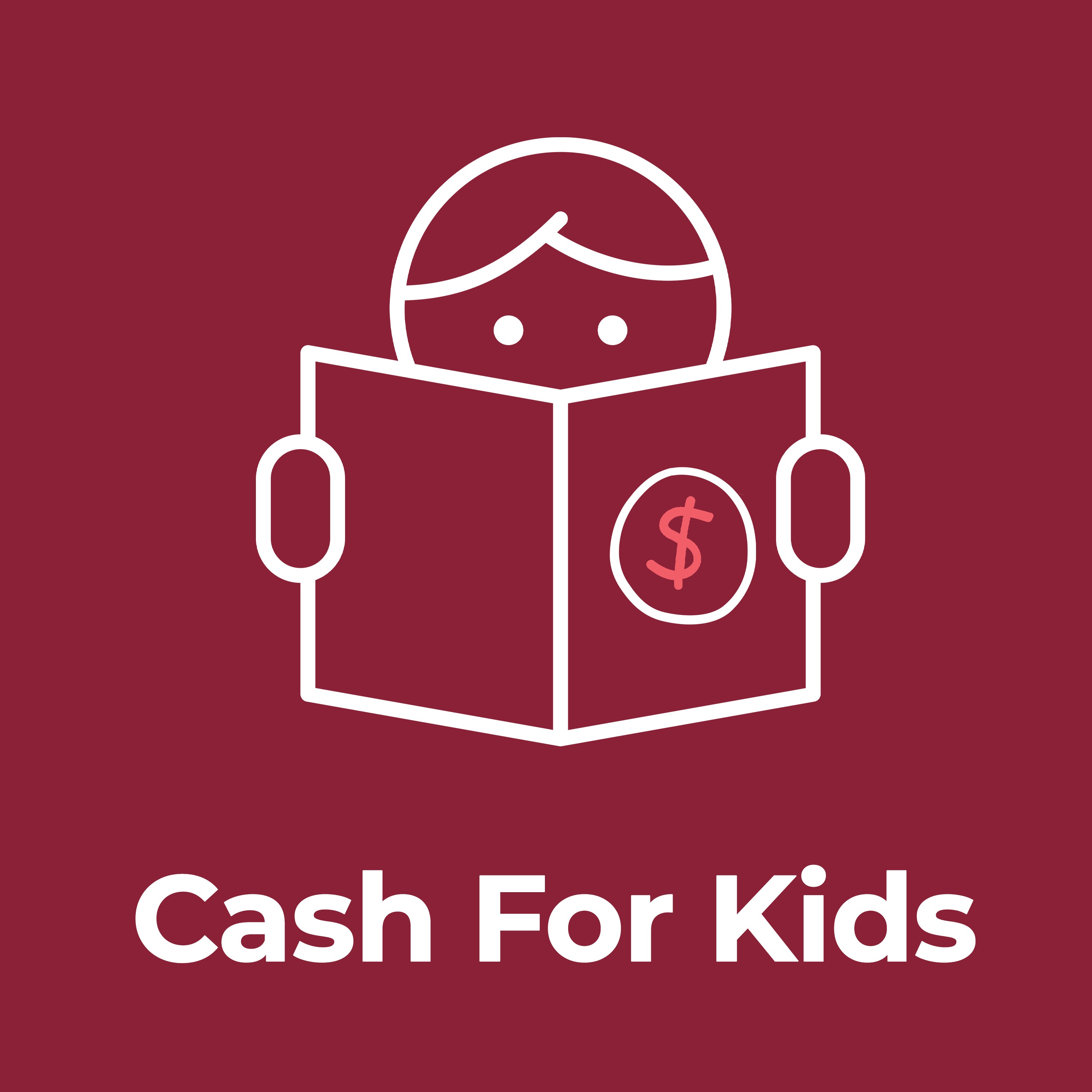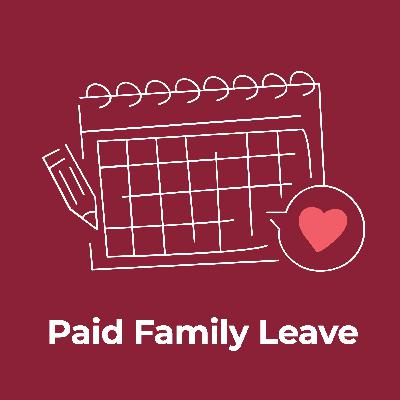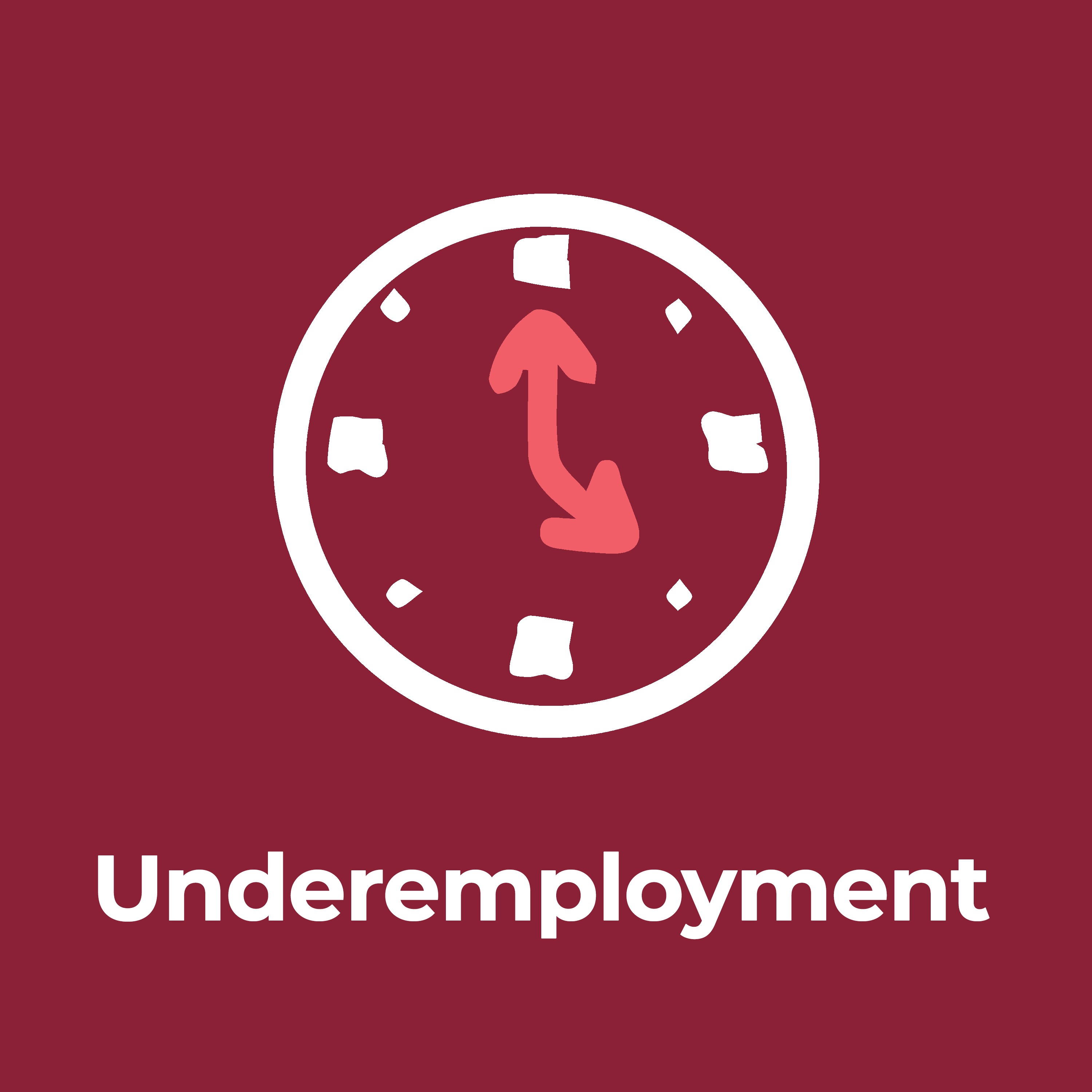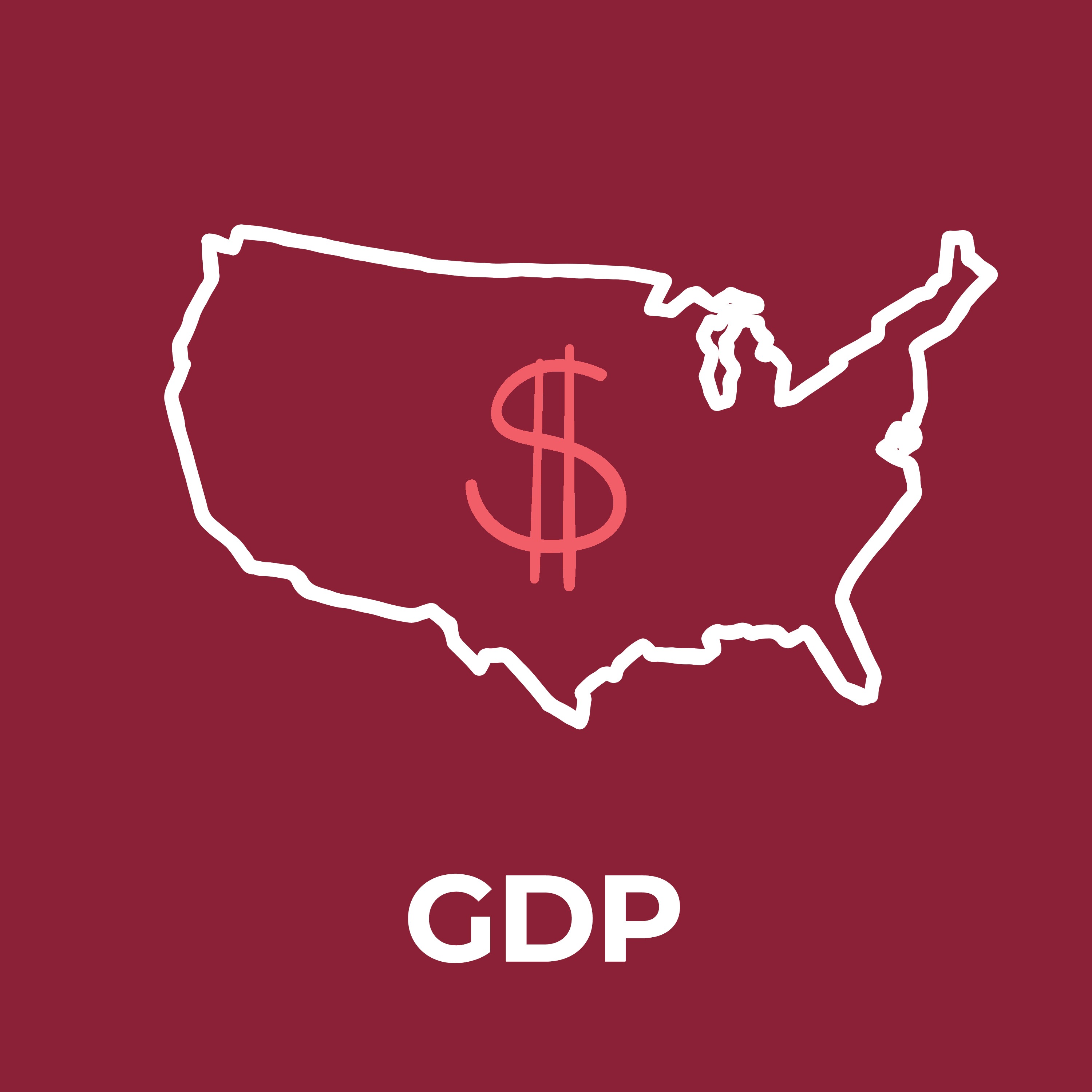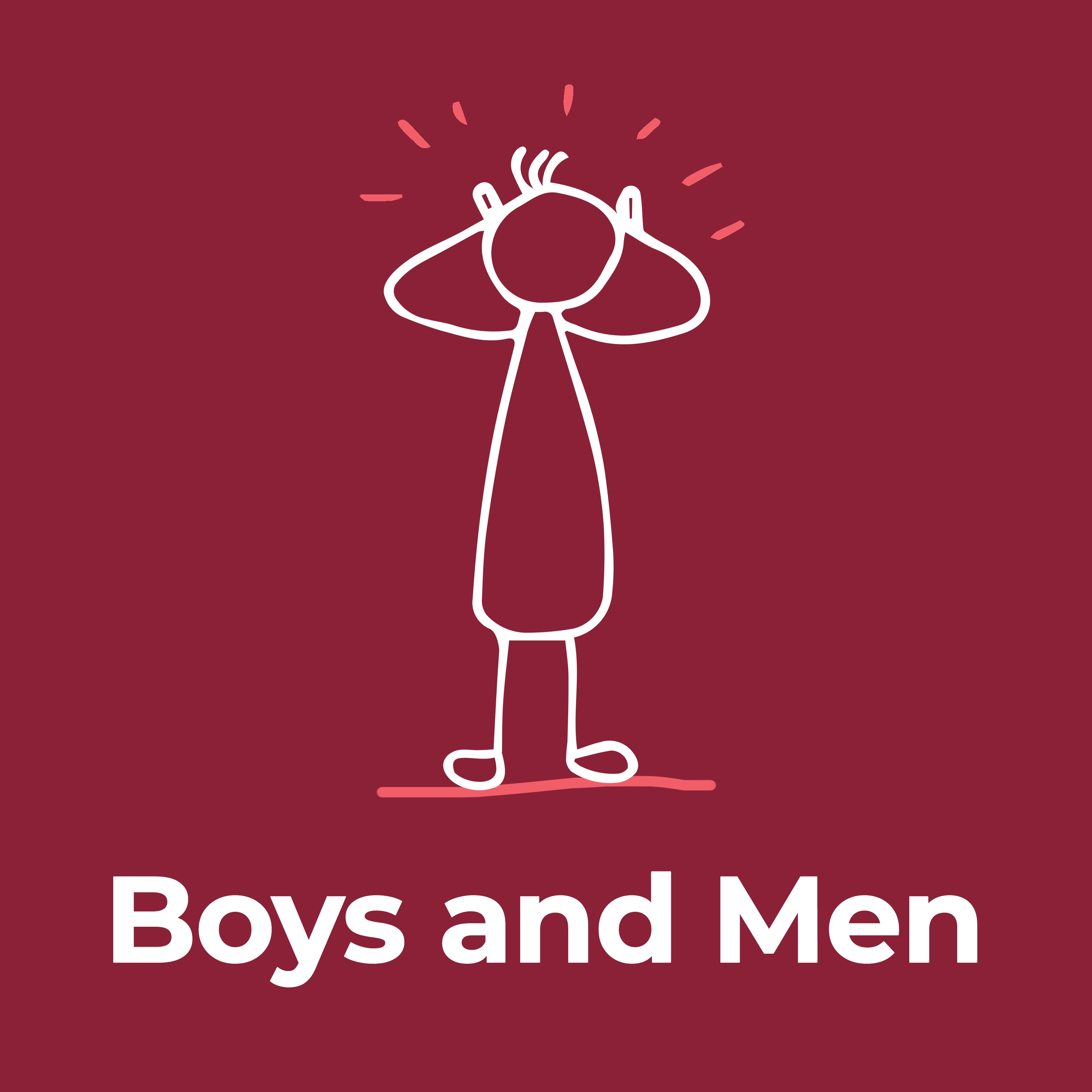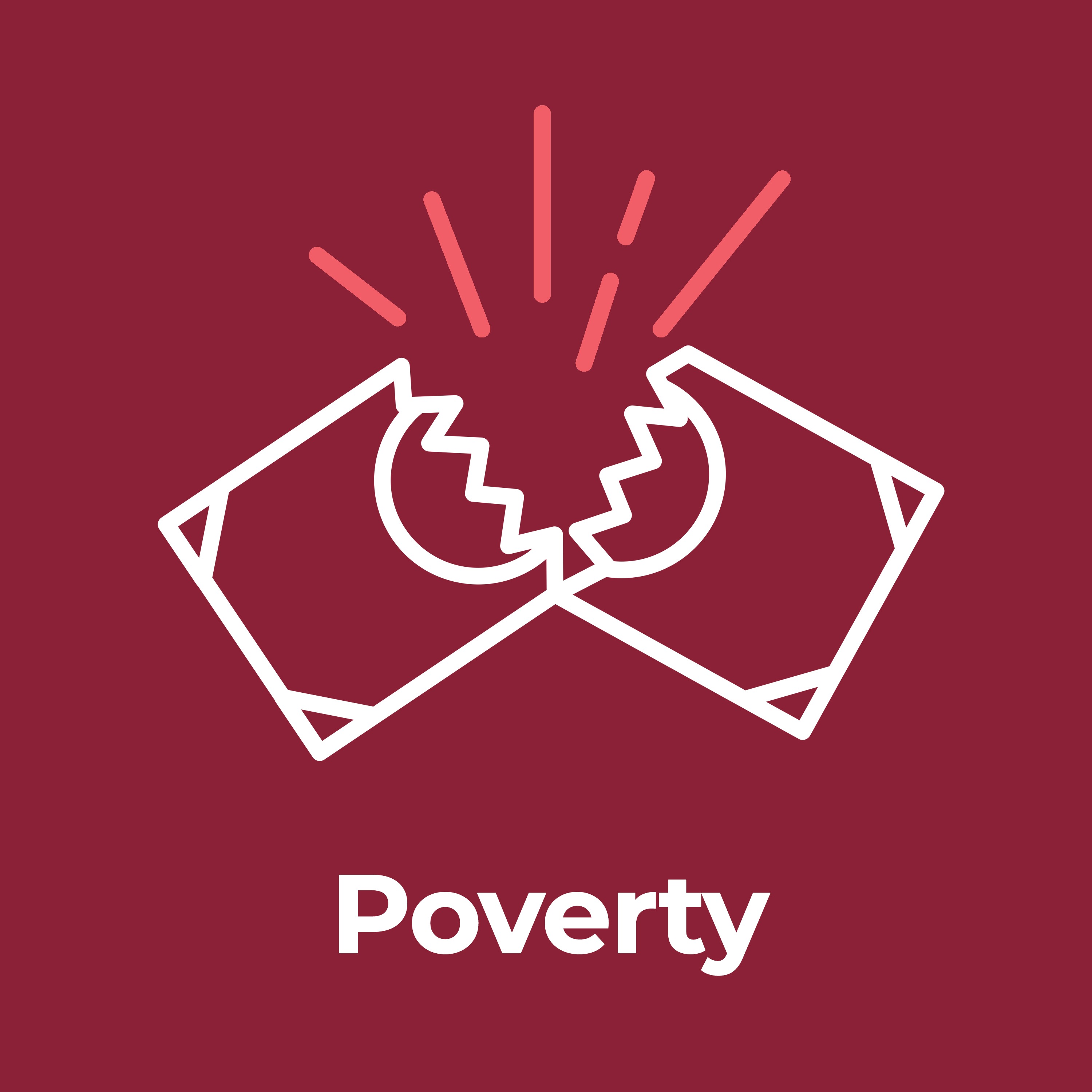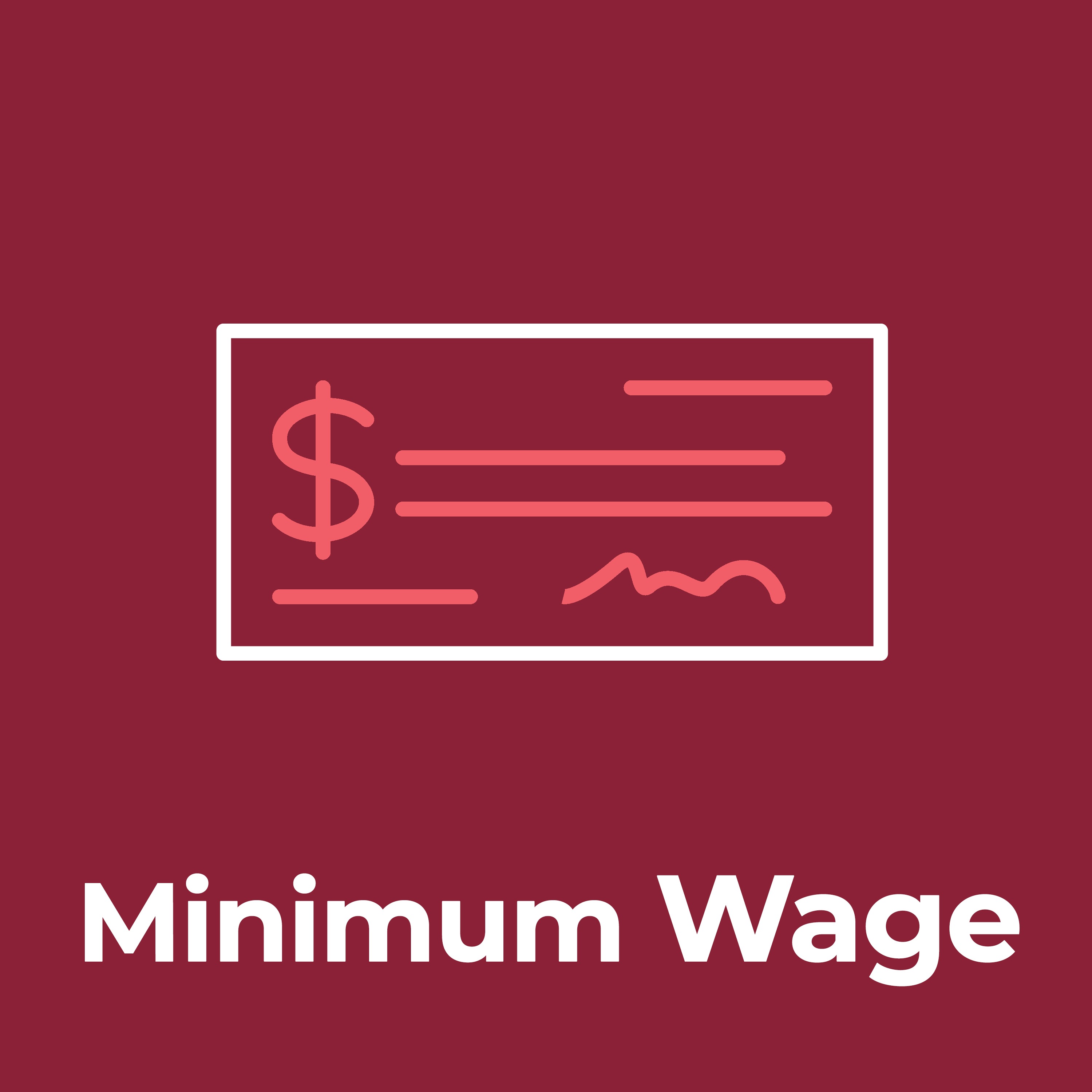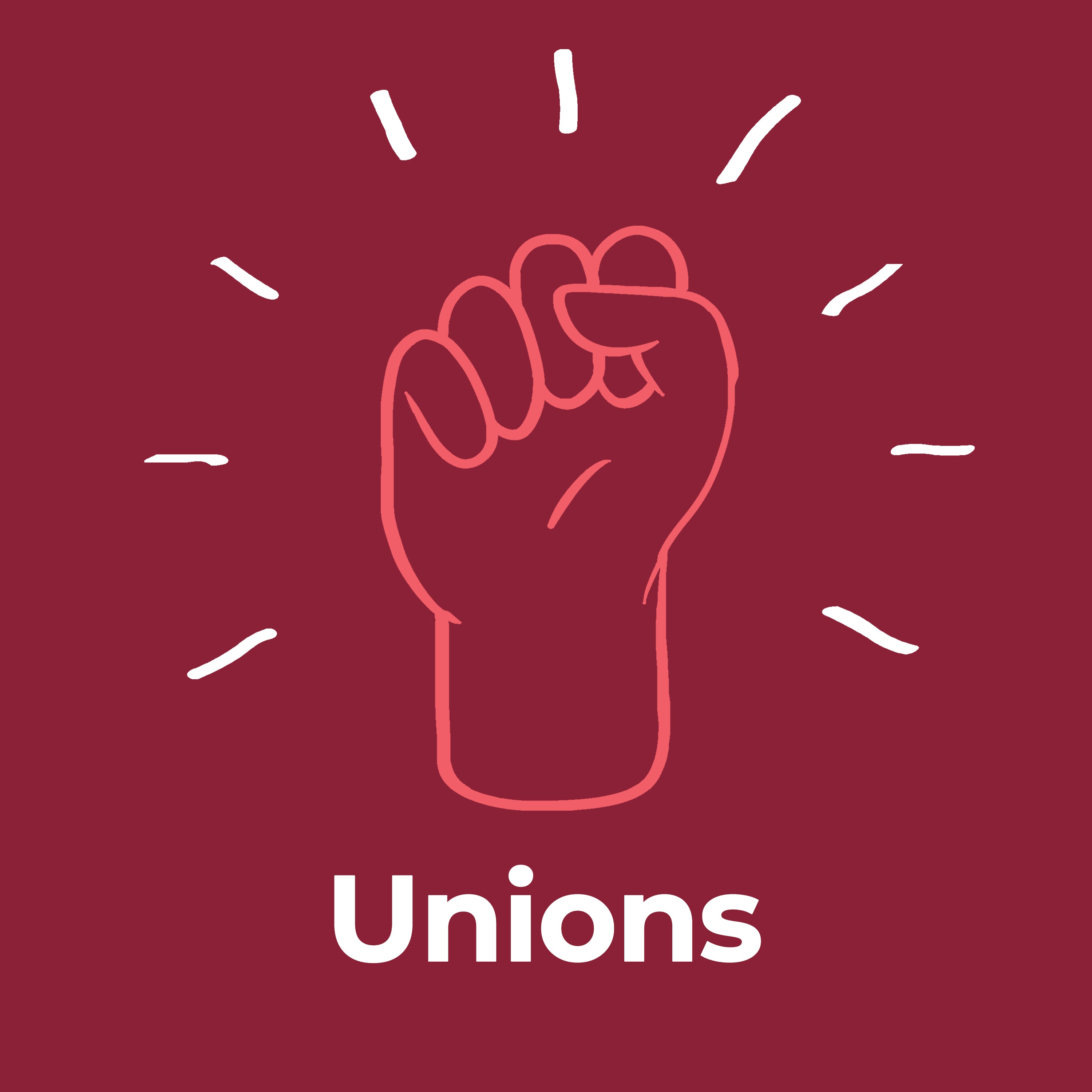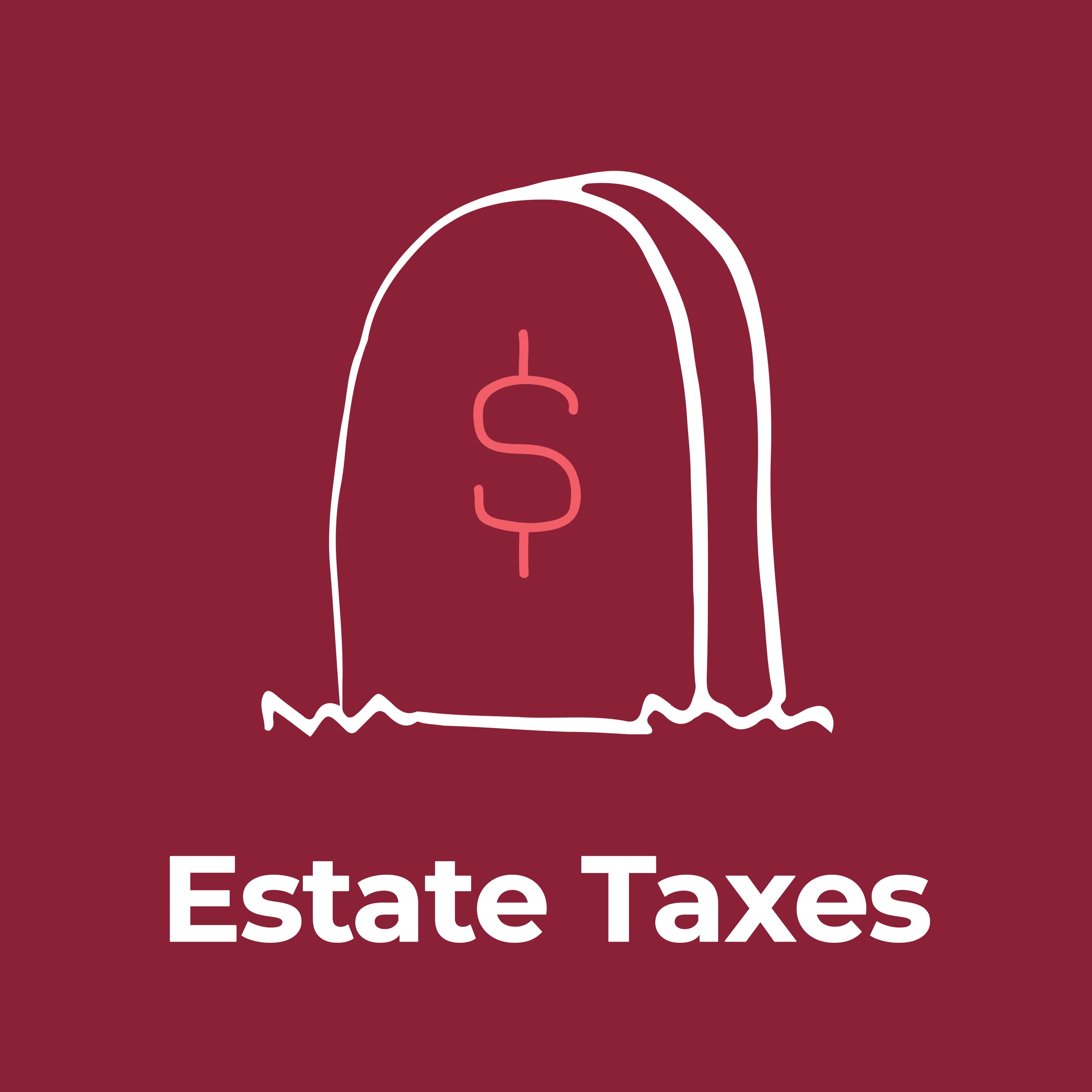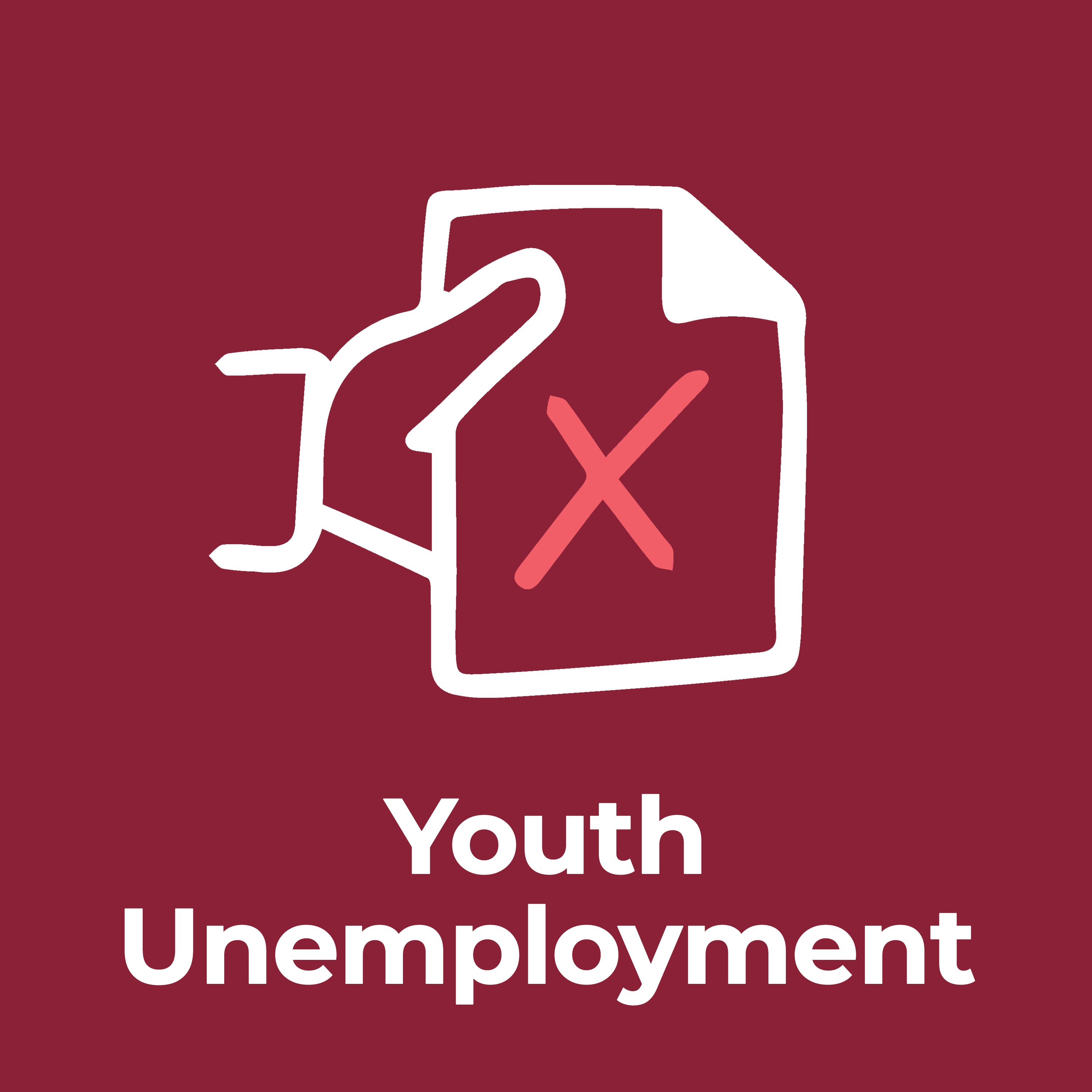Discover Optimist Economy
Optimist Economy

Optimist Economy
Author: Kathryn Anne Edwards and Robin Rauzi
Subscribed: 278Played: 3,627Subscribe
Share
© Optimist Economy 2025
Description
Economist Kathryn Anne Edwards and co-host Robin Rauzi talk about the fundamentals of the economy and how to build a better future one problem and solution at a time. Our premise is that the United States has a remarkable economy — and yet for tens of millions of Americans it is not performing up to its potential. It could be more open to aspiring workers, less hostile to change, safer for workers, less risky for retirees, and so on.
✨ Support the podcast at: optimisteconomy.com ✨
Ask questions or share your economic worries with us at: optimist.economy@gmail.com
37 Episodes
Reverse
Listener Max did his grad thesis on pay transparency laws in Colorado and found that they narrowed the gender wage gap by 8 cents on the dollar. But some big-name economists reported that such laws can actually reduce wages. So what’s the deal? Kathryn’s answer during our October Q&A was so overlong and multipart that we jokingly called it, “The Max Show.” So here it is, as a mini-episode. Holiday shopping for the optimists in your life? Check out our shirts and hats at optimisteconomy.com
Your drunk uncle calls Social Security a Ponzi scheme. Your crypto-bro cousin thinks tariffs make China pay. Your grandfather blames working women for tanking wage growth. Economist Kathryn Edwards takes on a dozen hostile dinner-table challenges to help optimists everywhere prepare for dinner table debate. Robin plays every annoying relative you've ever argued with. Pass the [expletive] gravy.Ready to rep Optimist Economy with a shirt, hat or tote bag? Hit up our new website and merch store at optimisteconomy.comTake the listener survey first to get a code for a free Original Optimist sticker: https://tinyurl.com/op-econ-survey
Optimist Economy got its start almost exactly one year ago with a phone call that began, "Hear me out…" Thirty-two episodes later we ask, “What have we done?” Mostly we conditioned ourselves to keep our eye on the ball – the better U.S. economy and future that are possible – through a lot of very bad news days. In the background, we both moved. Kathryn kept a lot of pregnancy symptoms hidden. We incorporated a nonprofit. And somehow, we managed to drop a new episode every Tuesday. Thanks to all our listeners for being our spiritual sponsors on this journey. Take Our Listener Survey!https://tinyurl.com/op-econ-survey
Why is anyone’s health insurance tied to their job? It's because of a superintendent in Dallas, World War II wage freezes, a 1953 tax code quirk, and decades of inertia. This accident of history costs America $384 billion a year in tax breaks to corporations for providing coverage. And what do we get for that? A system that locks people in jobs they'd otherwise leave, suppresses wages of those who look "expensive to insure," and disadvantages small businesses that can't afford gold-level health plans. In a different historical timeline, President Harry S. Truman’s 1945 national health plan would've given us universal coverage, paid medical leave, and government-funded medical schools. But of course we’re not living in that timeline.Take Our Listener Survey!https://tinyurl.com/op-econ-survey
In the final Q&A of the season, economist Kathryn Edwards answers listener questions on recent universal basic income experiments, legislative budgeting tricks, and the value of more aggressive IRS auditing. She also explains what eradicating the minimum wage exemption might mean, particularly for disabled and incarcerated workers. We also discuss what people actually do for money when they stop job hunting. Fair warning: this one runs long and the keeping it f-bomb free resolution lasted about five minutes.Take Our Listener Survey! Help us plan for Season 2: https://tinyurl.com/op-econ-survey
Just how broken is Unemployment Insurance? Consider this: During every recession since the 1950s, the federal government has had to step in and prop it up. Of people looking for work, only half qualify for Unemployment Insurance. And just half of those actually receive benefits. That’s what you get from a system designed mostly for factory workers nearly a century ago and then left to the heedless care of states. Benefits vary wildly by state — $235 a week in some, over $800 in others. Most states have — understandably — taken the lesson that they don’t have to fix anything because Washington will step in if the economy gets really bad. This is a scrap-it-and-start-over situation. Many solutions would be better, including a system focused on re-employment that keeps workerbots attached to the labor market, helping businesses prevent layoffs during downturns, and making job-hunting less awful.
The economic pain that Americans experienced in 2022-23 was dubbed the “vibesession,” suggesting that negative public sentiment was out of sync with a healthy economy. But what we were truly experiencing was more like a “ghost recession.” As the Fed squeezed the economy by raising interest rates from zero to above 5% to get inflation under control, only the extraordinary circumstances of the post-pandemic economy kept unemployment low and the economy growing. But if we had a ghost recession, that also means that the nascent 2024 “ghost recovery” screeched to a halt with the radical changes to economic policy this year. Also in this episode: What it means that 911,000 fewer jobs were created from spring 2024-2025, and many metaphor try-outs.Revenge of the Vibecession | The New Yorker Birth-Death Model FAQTHE THIN END OF THE WEDGE definition in American English | Collins English DictionaryEconomists’ models of inflation are letting them down [The Economist 2019]
You might have heard recently that a years-long poverty study “found” that giving $333 monthly to kids with poor parents didn’t make a difference. But here's why that’s the wrong takeaway: The "Baby's First Years" study wasn't designed to test cash payments. It is multi-year, ongoing scientific research into how poverty affects child development. Researchers found "selective impacts on preschoolers' brain activity with possibly different impacts across brain frequency bands" — which roughly translates to "this is incredibly complicated and we're still figuring it out," not "money is useless." And yet this rigorous research got reduced to a talking point amid an ongoing policy debate on child tax credits and what it means to lift kids out of poverty.
Paid family and medical leave is a confusing mess: only 27% of private-sector workers get paid leave from their employer. Some others are covered by state programs, but those vary. The rest of us scramble to patch together short-term disability with other paid time off, if we have it. Meanwhile, the United States instead has a federal Family Medical Leave Act that protects unpaid time off. Truth is, sooner or later, nearly everyone needs time away from work to care for a sick spouse, a new baby, a dying parent, or to recover from one’s own illness or injury. And they shouldn’t have to go broke to do it. An idea this popular — supported by about 80% of Americans in polls — shouldn’t be this hard. If paid family and medical leave were added to Social Security, that would give every worker benefits that follow them across jobs and states. The infrastructure already exists. But there’s a lot of heel-dragging in Congress because expanding Social Security can’t be done before dealing with its long-term funding. Read more:Paid Leave Works: Evidence from State Programs [National Partnership for Women & Families 2023] — A good primer on paid family and medical leave.Economic Effects of Offering a Federal Paid Family and Medical Leave Program [Congressional Budget Office 2021] — CBO analysis of a version of paid leave that was proposed in the Build Back Better Act, but that died in the Senate. A National Paid Leave Program Would Help Workers, Families [Center on Budget and Policy Priorities 2021] — Outline of what would be in a comprehensive program.New parents aren’t the only people who need paid family leave [Urban Institute 2018] — Pretty self-explanatory.Paid Leave for Illness, Medical Needs, and Disabilities: Issues and Answers [Brookings and the American Enterprise Institute 2020] — Chapter on how this could be implemented from a joint Brookings-AEI project.Paid Leave Working Group Request for Information Response [Urban Institute 2024] — Response to Congressional working group’s request for input on paid family leave.
Free breakfast and lunch for every public school student — an idea associated more with countries like Sweden and Finland — should instead be viewed as a truly American policy that liberals and conservatives can both love. Want complete meritocracy? Then you should be furious that some kids can't focus in class or during tests because they're hungry. Want to compete globally? Eating better raises student test scores. Want to make America healthy again? Professional kitchen staff serving nutritionally balanced meals to everyone actually beats harried parents trying to cobble together a lunch sack. Want less government interference? Universal programs eliminate the invasive bureaucratic hassle of asking every student’s family about their income. School meal programs have even been found to lower grocery prices in local communities. Nine states have made free meals universal, and others have expanded access, so this ball is rolling. Read more:Solutions: Free School Meals - by Kathryn Anne Edwards [2024] How Free School Meals Went Mainstream - The New York Times [2024]School Lunch Debt Statistics: Total + Costs per Student [2025]Brown paper bags and ketchup as a VegetableA story too good to check: Paul Ryan and the tale of the brown paper bag - The Washington Post [2014]Why Michelle Obama Is Wrong on School Lunches | The Heritage Foundation [2014]U.S. Holds The Ketchup In Schools - The Washington Post [1981]U.S. Federal Register from 1981 [see page 49]
The unemployment rate has been hovering around 4.2%. But in today’s highly unsettled economy, many people feel this headline number from the Bureau of Labor Statistics doesn’t capture their economic struggles — from slow hiring to working two part-time jobs to recent graduates unable to find work in their fields. But as economist Kathryn Edwards points out, the U.S. Bureau of Labor Statistics also measures underemployment (currently 7.9%) as well as discouraged workers and many other indicators of labor market slack. But there’s one thing the government probably should not measure, and that’s skills mismatch, or being “overqualified” for the job you have. In this episode, we also go way, way back to the Great Depression, when social workers and advocates for the unemployed fought to get the government to measure joblessness at all.Read more:True Rate of Unemployment [Ludwig Institute for Shared Economic Prosperity July 2025]Origins of the Unemployment Rate: The Lasting Legacy of Measurement without Theory. [David Card, UC Berkeley and NBER, February 2011]THE PHILADELPHIA NEGRO A Social Study — W. E. B. DuBOISCase studies of unemployment, compiled by the Unemployment Committee of the National Federation of SettlementsTable A-15. Alternative measures of labor underutilization - 2025 M07 Results [U.S. Bureau of Labor Statistics]Table A-11. Unemployed people by reason for unemployment - 2025 M07 Results [U.S. Bureau of Labor Statistics]Table A-12. Unemployed people by duration of unemployment - 2025 M07 Results [U.S. Bureau of Labor Statistics]
Gross Domestic Product is the big dog of economic numbers. But this measure of the economy’s size has massive blind spots. It ignores income inequality and citizens’ wellbeing. It rewards consumption and thus environmental degradation. Yes, it is vital to know if your economy is growing or shrinking and why. And yet maybe GDP shouldn’t be the lodestar. In fact, as economist Kathryn Edwards relays, the person who invented GDP warned us of its limitations.
The "boys and men crisis" conversation set in motion following the 2024 election is now shooting off in erratic directions, leading to a lot of hand-wringing about college enrollment, long-gone factory jobs, and “loss of purpose.” Still, men’s workforce participation has been on a long, slow slide for seven decades, and it is reaching a worrying level. To address that, though, we need to have harder conversations about what truly affects young men disproportionately – things like substance abuse disorders, other addictions like gambling and video games, and criminal records. Support the Optimist Economy podcast by becoming a paid subscriber on Substack, or donating at https://buymeacoffee.com/optimisteconomy
About 11% of Americans have a household income that puts them below the official government threshold for poverty. Is poverty a state of being, or a risk? Are the poor people themselves the root cause of poverty? Or are they the outcome of a low-wage labor market that churns people in and out of work? Because how you diagnose the problem matters if you’re looking for solutions. Economist Kathryn Anne Edwards tackles three major misconceptions about poverty.Support the Optimist Economy podcast by becoming a paid subscriber on Substack, or donating at https://buymeacoffee.com/optimisteconomy
Economist Kathryn Edwards is back with more answers. In Part 2, she talks more about student loans, who actually “lives off taxpayers,” why gold reserves aren’t a great idea anymore, the importance of mobility in worker power, and whether ROI is a good measure for the work of government. If this two-parter was too much, blame the listener who said he didn’t like it when we used the timer back in May.Support the Optimist Economy podcast by becoming a paid subscriber on Substack, or donating at https://buymeacoffee.com/optimisteconomy
In the first of two mailbag episodes, economist Kathryn Edwards answers questions from optimist listeners on taxation on wages vs. investments, whether student loans are regressive, how bona fide economists wind up on opposite sides of policy debates, and what it really means when a Montana Congressman calls the CBO “historically wrong.” Yeah, this episode has a long title. But there was a lot of talking. And that’s why Part 2 is coming in a few days.Support the Optimist Economy podcast by becoming a paid subscriber on Substack, or donating at https://buymeacoffee.com/optimisteconomy
The federal minimum wage of $7.25 an hour hasn’t been raised since the era of flip phones. Competing bills introduced in Congress recently would set it at $15 or $17. Is that high enough, and how can we ensure it doesn’t fall so far behind again? Minimum wage debates are dominated by worry about anticipated harms to some businesses, but ignore the proven positive effects for American workers — like narrowing Black-White wage gaps. And most importantly for our resident economist Kathryn Edwards, she gets to revisit her favorite but flawed piece of legislation, the 1938 Fair Labor Standards Act.Support the Optimist Economy podcast by becoming a paid subscriber on Substack, or donating at https://buymeacoffee.com/optimisteconomyComplete show notes with links to articles and data at optimisteconomy.com.
Labor unions’ public approval has been increasing since 2009, and is now at levels not seen since the 1960s. And yet rates of union membership have been falling. Today just 10% of U.S. workers are represented by a union, and below 6% in the private sector. What if there were a less adversarial way to get the worker-protection aspects of unions without the brutal shop-by-shop campaigns? Enter “sectoral bargaining,” where boards with worker, employer, and government representatives hash out wages and working conditions for occupational groups. Think all fast food workers, janitorial staff, or health care providers. Support the Optimist Economy podcast by becoming a paid subscriber on Substack, or donating at https://buymeacoffee.com/optimisteconomyComplete show notes with links to articles and data at optimisteconomy.com.You can also find Optimist Economy on:TikTokYouTubeInstagram
The Estate Tax is one that half of Americans worry about, but that affects only the richest 0.07% after they die. For nearly 25 years, the U.S. has – through loopholes and ballooning exemptions – undercut a tax that could pay for some nice things, like maybe a children’s trust fund. If we chose to just dent more big inheritances, it’d also reduce the concentration of wealth and power. In this episode, economist Kathryn Edwards gets to go way, way back to the Gilded Age and editor Robin Rauzi still loves a tax story, so the topic is a win-win as far as we are concerned.Support the Optimist Economy podcast by becoming a paid subscriber on Substack, or donating at https://buymeacoffee.com/optimisteconomyComplete show notes with links to articles and data at optimisteconomy.com.You can also find Optimist Economy on:TikTokYouTubeInstagram
Newly minted college graduates are having a harder time landing that first job than in recent years. Is it AI? Is college useless? Is it a crisis? (No. No. And not yet.) College graduates under 27 still have much lower unemployment rates (5.8%) than their high-school-diploma peers (6.9%). What economist Kathryn Edwards finds worrying is that these new workers, who are typically a lagging economic indicator, may in this case be a bellwether of a weakening economy.Support the Optimist Economy podcast by becoming a paid subscriber on Substack, or donating at https://buymeacoffee.com/optimisteconomyComplete show notes with links to articles and data at optimisteconomy.com.You can also find Optimist Economy on:TikTokYouTubeInstagram


